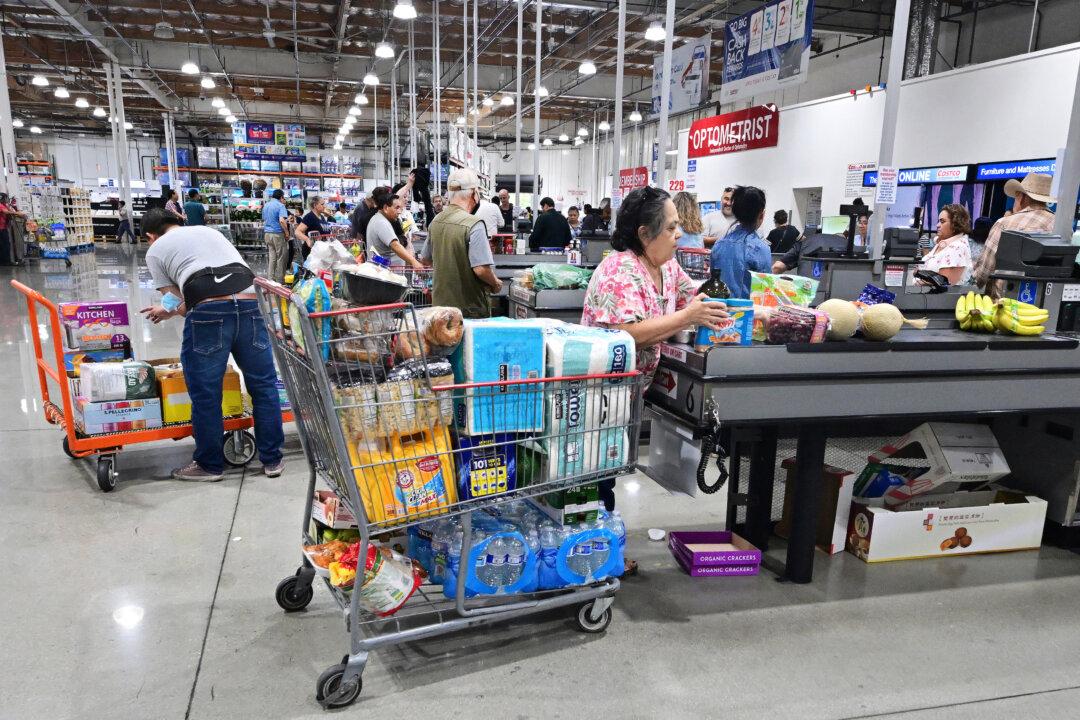A new California bill would prohibit grocery or retail drug stores from offering self-checkout options to customers unless they comply with certain conditions, such as capping purchases at 10 items.
Under Senate Bill 1446, retailers will be allowed to assign one employee to monitor two self-service checkout stations. The employee must be relieved from all other duties.





